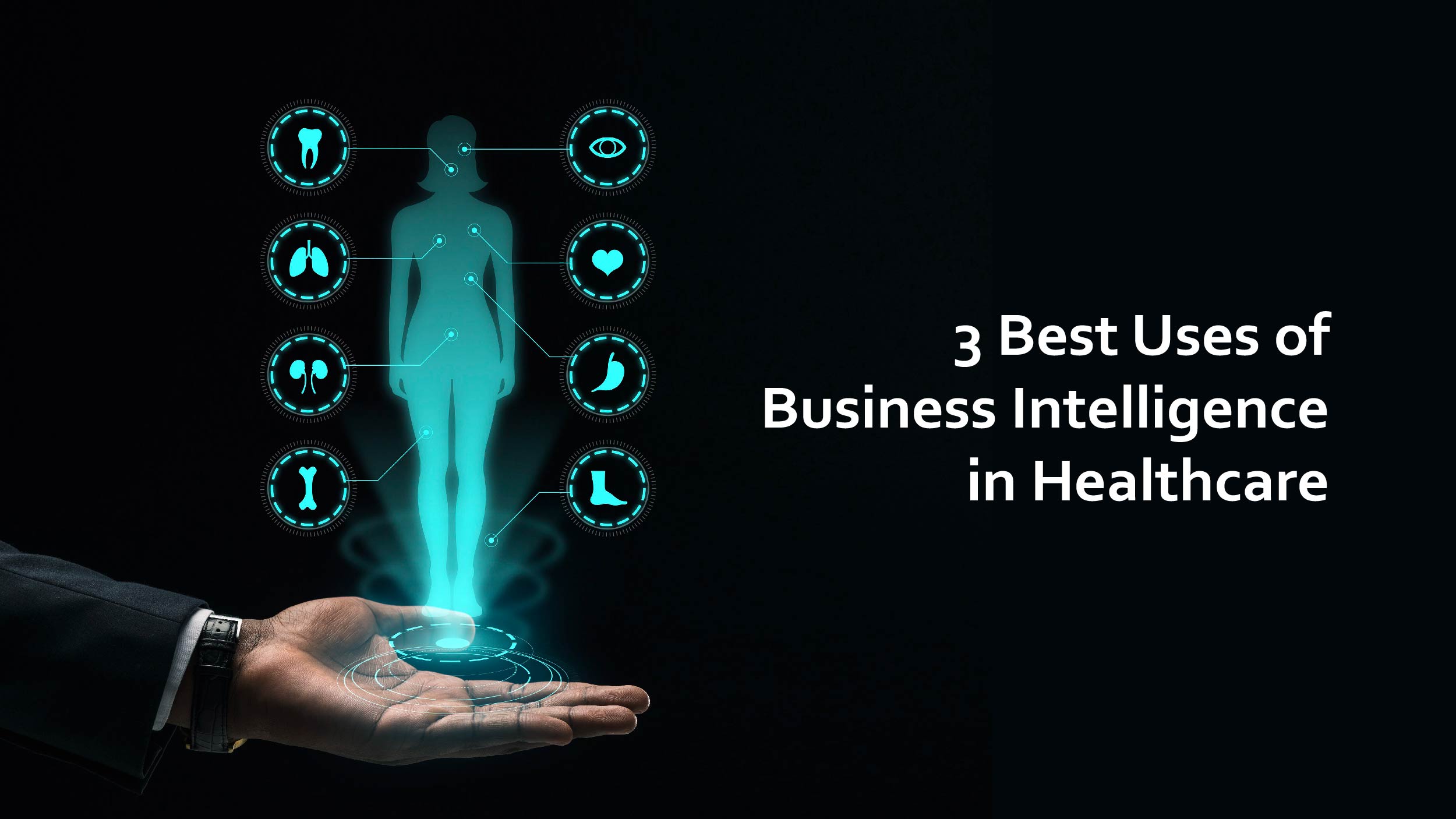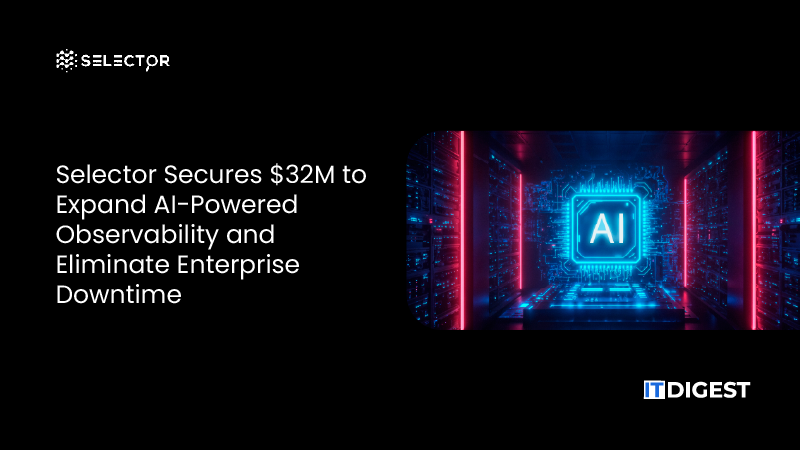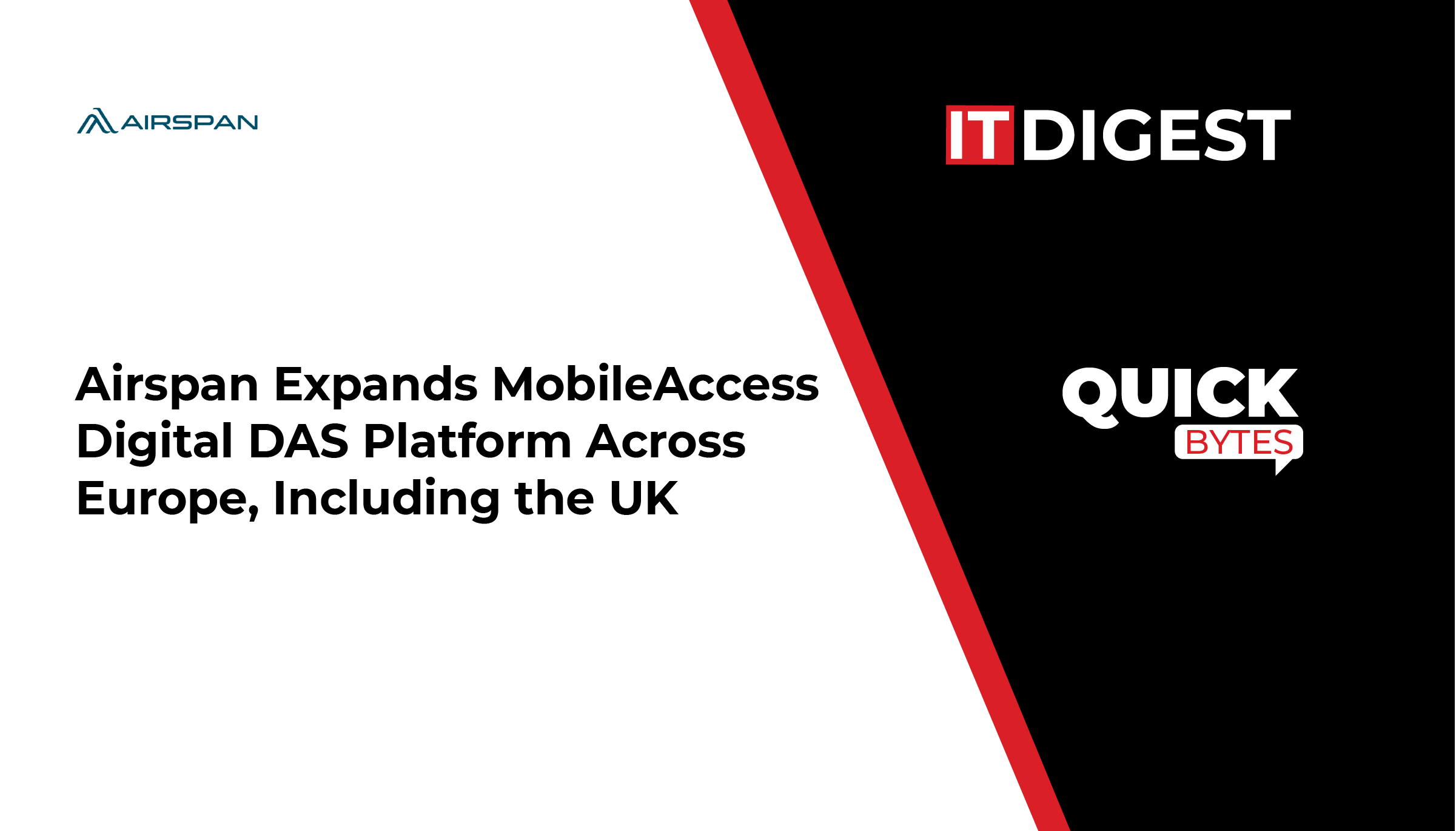The field of healthcare is awash with data – just one patient generates over 80 MB of data through their electronic health records and medical images. This wealth of information presents a tremendous scope for improving processes through data analysis. As a result, an increasing number of healthcare organizations are embracing specialized business intelligence tools tailored to the unique demands of the healthcare sector. Without further ado, let’s understand how healthcare business intelligence is transforming industries.
What is Healthcare Business Intelligence?
 Healthcare business intelligence gathers and examines data from electronic health records, various medical software, remote patient monitoring devices, and even external sources beyond the healthcare domain. This powerful tool empowers healthcare providers to make well-informed decisions regarding the enhancement of services and the identification of growth prospects.
Healthcare business intelligence gathers and examines data from electronic health records, various medical software, remote patient monitoring devices, and even external sources beyond the healthcare domain. This powerful tool empowers healthcare providers to make well-informed decisions regarding the enhancement of services and the identification of growth prospects.
Business Intelligence (BI) has the potential to transform patient care, delivering benefits to both individuals and the healthcare sector. In our health-conscious era, people often use devices to monitor their health data, tracking metrics like heart rate, blood pressure, and sugar levels. This valuable data can be seamlessly shared with healthcare providers, offering a centralized repository for easy access. Healthcare business intelligence applications can then leverage this data to enhance patient monitoring, provide proactive interventions when necessary, and offer a more streamlined treatment process.
In critical cases that demand collaborative decision-making across various medical departments, centralized BI tools can be a lifesaver. Timely decisions are critical in saving lives, and BI-driven visualizations empower healthcare providers to make quicker, more informed choices, ultimately elevating the quality of care.
BI tools are not just about data; they enable personalized healthcare tailored to a patient’s medical and family history. By consolidating a wealth of information in one place, healthcare providers can craft more precise and individualized treatment plans. This approach also eliminates the need for redundant tests. For patients requiring multiple lines of treatment, comprehensive records encompassing family history, patient history, and previous treatments are readily available to healthcare providers, streamlining their decision-making process.
3 Best Uses of Business Intelligence in Healthcare
 Now that we have a fair understanding of healthcare business intelligence, let’s delve into its three best use cases.
Now that we have a fair understanding of healthcare business intelligence, let’s delve into its three best use cases.
1. Enhancing Preventive Healthcare
By granting access to patient histories, encompassing clinical, genetic, and social aspects, healthcare business intelligence tools enable predictive analytics to foresee disease risks. This empowers healthcare providers to preemptively address potential health challenges, especially those tied to genetics and lifestyle. The result? More timely decisions and interventions, ultimately leading to more effective treatments.
Predictive analytics also play a crucial role in understanding the risk of relapse and crafting dynamic treatment plans for patients facing recurring health issues. This data-driven approach allows us to identify and address issues or outbreaks swiftly. Some of the business intelligence software for healthcare include Altair, Domo, Alteryx, and much more.
Also Read: Empowering Health: The Role of Remote Patient Monitoring
2. Optimizing Costs
Hospitals can employ BI tools to study patient inflow trends and streamline logistics from admission to discharge.
Wastage in the healthcare industry is a major concern, but insights from BI tools can optimize processes, reducing inefficiencies.
Healthcare business intelligence tools can also leverage patient inflow data to ensure efficient use of resources and allocate funds to departments where they are most needed.
Databases like the Enterprise Data Warehouse (EDW) consolidate various healthcare data, from clinical to financial, providing a comprehensive view that facilitates sound financial decisions. BI can also break down workflows, improving processes and making the most of business process automation solutions.
Additionally, BI tools, especially cloud-based ones, are cost-effective, making widespread implementation feasible and contributing to more affordable healthcare.
Insurance companies in healthcare rely on BI tools to monitor and detect fraudulent claims, ensuring faster claim processing for the benefit of patients and hospitals.
3. Informed Decision-Making
Healthcare decision-makers can utilize BI tools to select and track Key Performance Indicators (KPIs), using the results to make timely, data-driven decisions.
Speed and accuracy are paramount in healthcare, and BI helps identify and rectify shortcomings, paving the way for better outcomes in the future.
The impact of BI on healthcare is only just beginning to unfold, and the potential of this field is boundless.
The healthcare industry is ripe for a healthy dose of BI. BI and healthcare analytics tools place vital health data in the hands of those who need it most—the physicians, nurses, researchers, and healthcare operations staff on the front lines of patient care.
For healthcare providers, pharmaceutical companies, and patients, these capabilities can reduce operational costs and increase market share. However, the most exciting aspect for many healthcare leaders is the profound impact it will have on patient care.
Final Words
Incorporating BI into healthcare can enhance workforce efficiency across various fronts, spanning patient care, financial operations, and administrative tasks. Moreover, healthcare business intelligence equips healthcare providers with the ability to respond swiftly to patients’ needs by delivering valuable insights that facilitate rapid decision-making.


































